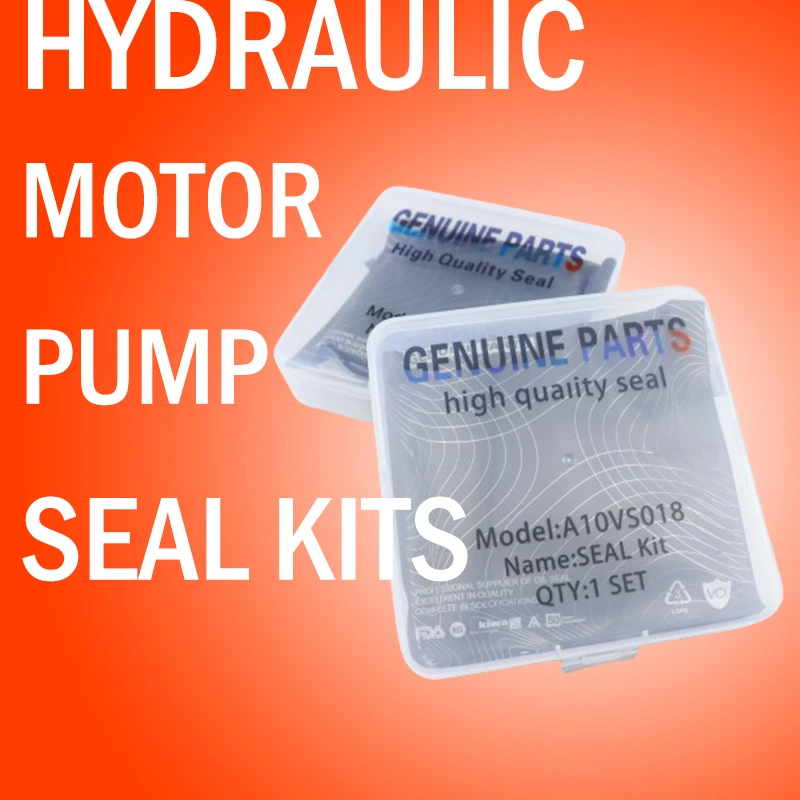Nov . 05, 2024 12:34 Back to list
hydraulic seal
The Importance of Hydraulic Seals in Modern Machinery
Hydraulic seals are essential components in various hydraulic systems across different industries, playing a crucial role in ensuring efficient operation and maintenance of machinery. These seals prevent leaks and contamination, thereby enhancing the overall performance and longevity of equipment. Understanding the significance of hydraulic seals and their applications can help engineers and technicians make informed decisions about their selection and maintenance.
A hydraulic seal is designed to contain hydraulic fluid within a system, creating a barrier that prevents leakage while allowing the necessary movement of components. They are commonly used in hydraulic cylinders, pumps, and other machinery where high pressure and fluid movement are involved. The primary function of these seals is to maintain pressure, reduce friction, and minimize wear on moving parts. Without effective hydraulic seals, machines would experience reduced efficiency and increased operational costs due to fluid loss and contamination.
Hydraulic seals are made from a variety of materials, including elastomers, plastics, and metals. The choice of material depends on factors such as the type of fluid used, the operating temperature, and the pressure conditions. Common seal materials include nitrile rubber, polyurethane, and PTFE (Teflon), each offering unique properties that suit specific applications. For instance, PTFE seals provide excellent chemical resistance and are ideal for harsh environments, while nitrile rubber is often preferred for its good wear resistance and low cost.
hydraulic seal

One of the critical aspects of hydraulic seal design is ensuring they can withstand the demanding conditions of hydraulic systems. Seals must be able to accommodate temperature fluctuations, pressure changes, and the potential presence of contaminants in the hydraulic fluid. Engineers often utilize advanced simulation techniques and material science to develop seals that can endure these challenges, ensuring reliable and efficient performance over time.
Regular maintenance and inspection of hydraulic seals are vital to avoid unexpected failures and reduce downtime in operations. Signs of wear, such as leaks, decreased system performance, or changes in pressure, should be addressed promptly. By incorporating routine checks and replacing seals at appropriate intervals, organizations can ensure the smooth operation of their hydraulic systems and prolong the life of their machinery.
In conclusion, hydraulic seals are indispensable in modern machinery, safeguarding against leaks and ensuring the proper function of hydraulic systems. Their role in maintaining pressure and preventing contamination cannot be overstated. By understanding their importance, selecting the appropriate materials, and committing to regular maintenance, businesses can significantly enhance the performance and reliability of their hydraulic equipment. As technology continues to evolve, the development of more advanced hydraulic seals will further improve efficiency and sustainability in various industrial applications, paving the way for a more productive future.
-
TCN Oil Seal Metal Ring Reinforcement for Heavy Machinery
NewsJul.25,2025
-
Rotary Lip Seal Spring-Loaded Design for High-Speed Applications
NewsJul.25,2025
-
Hydraulic Cylinder Seals Polyurethane Material for High-Impact Jobs
NewsJul.25,2025
-
High Pressure Oil Seal Polyurethane Coating Wear Resistance
NewsJul.25,2025
-
Dust Proof Seal Double Lip Design for Construction Equipment
NewsJul.25,2025
-
Hub Seal Polyurethane Wear Resistance in Agricultural Vehicles
NewsJul.25,2025
-
The Trans-formative Journey of Wheel Hub Oil Seals
NewsJun.06,2025
Products categories
















